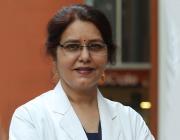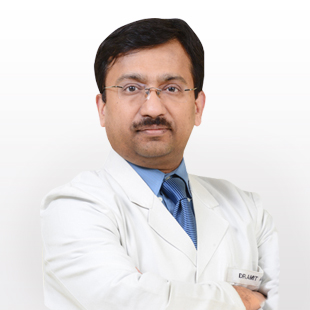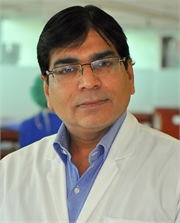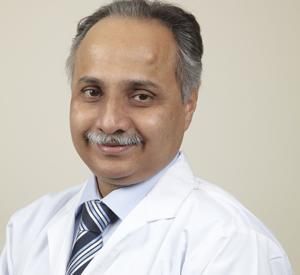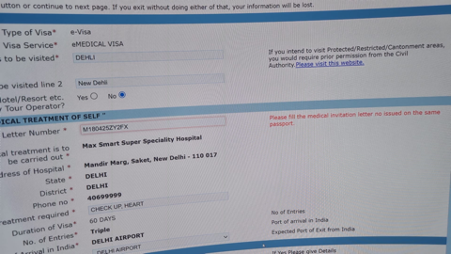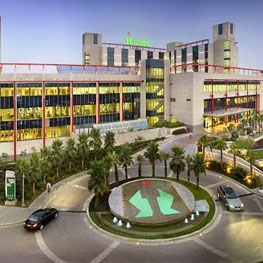About The Doctor
Dr. Vinod Raina is one of the India’s Foremost Medical Oncologists with more than 35 years of experience in the field of Medical Oncology. Till 2013 he was Professor and Head of Medical Oncology at AIIMs. He has performed approximately 250 transplants personality and under his headship, AIIMS performed largest number of transplants in India for various cancers from 2000 to 2013. He also brings tremendous research experience and was Principal Investigator of approximately 50 projects at AIIMS for 24 years. He was also the Co-Founder of INDOX network. His major interests are Breast Cancer, Lung Cancer, GI Malignancies, Genitourinary Cancer and Lymphoma. Dr. Vinod Raina joined FMRI in the year 2013 as Director and Head of Medical Oncology and Haematology. He was promoted to Executive Director in the year 2017 and Chairperson of Oncosicences in the year 2020.
Specialization
- Breast Cancer
- Lung Cancer
- GI Malignancies
- Genitourinary Cancer
- Lymphoma
- Bone Marrow
- Stem Cell Transplant
Awards
Frequently Asked Questions About Oncology
How many kinds of tumours are there?
There are two kinds of tumour – Malignant & Benign. A benign tumour is more common, and is generally harmless. It doesn’t spread to other parts of body. A malignant tumour on the other hand, never stops growing unless until treated and can spread to other parts of the body. cancer is the name given to a malignant growth.
Is cancer contagious or infectious?
No. Since cancer is not caused by a germ, it is not “catching”, and cannot be transmitted from one person to another.
How does Cancer spread?
A malignant tumor is made up of cancer cells. When it first develops, this malignant tumor may be confined to its original site. This is known as a cancer in situ (or carcinoma in situ). If these cells are not treated, they may spread beyond their normal boundaries and into surrounding tissues, becoming invasive cancer. Some benign tumors are precancerous and may progress to cancer if left untreated. Other benign tumors do not develop into cancer. For a cancer to grow bigger than the head of a pin, it must grow its own blood vessels. This is called angiogenesis. Sometimes cells move away from the original (primary) cancer, either by the local tissue fluid channels (lymphatics) or in the blood stream, and invade other organs. When these cells reach a new site, they may continue to grow and form another tumor at that site. This is called a secondary cancer or metastasis.
What are the warning signs of Cancer?
The chances of curing cancer increase with early detection. The Indian Cancer Society and other organizations recommend paying attention to seven warning signs of cancer:
– Changes in bowel or bladder habits
– Unusual bleeding or discharge
– A sore that does not heal
– Indigestion of difficulty swallowing
– A nagging cough or hoarseness
– A thickening or lump in the breast or elsewhere
– An obvious change in wart or mole
A physician can detect cancer by taking medical history, performing routine check ups, cancer screening tests, imaging techniques and tissue biopsy.
What is Chemotherapy used for?
Chemotherapy is given for the following reasons:
– Shrink tumors
– Slow cancer’s growth
– Keep the cancer from spreading
– Relieve diseases related symptoms
– Prolong survival
Chemotherapy is used to treat many different types of cancer. The type, location, and stage of the cancer as well as your general health will largely determine if chemotherapy is appropriate and which agents ought to be used.
What are the benefits of taking treatment through MMT instead of directly from the doctor?
We provide services from top doctors across top hospitals to ensure that you get the best treatment.

